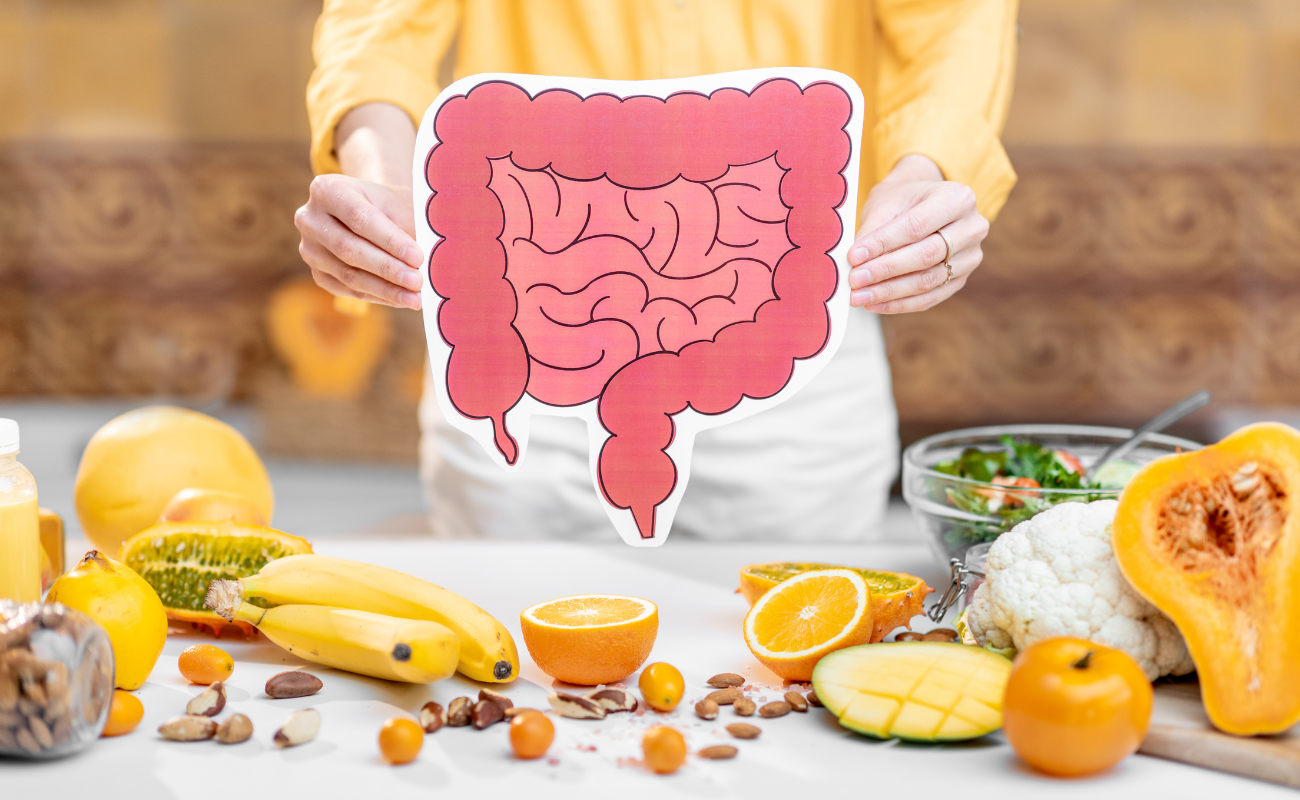Memory Loss
Memory loss is a common condition that can have a significant impact on a person’s quality of life. It refers to the inability to recall information, events, or experiences that have occurred in the past. While some degree of memory loss is a natural part of the aging process, it can also be caused by a variety of other factors, such as head injuries, disease, medication, and stress.

Memory loss can be categorized into two types: short-term and long-term memory loss. Short-term memory loss refers to the inability to retain information for a brief period of time, while long-term memory loss involves the loss of memories that have been stored over a longer period.
Fortunately, there are several treatment options available to manage memory loss. These may include lifestyle changes such as regular exercise, a healthy diet, and stress management techniques. Additionally, cognitive training and memory aids can help improve memory function. With proper care and attention, it is possible to improve memory function and maintain a healthy brain.

The Gut and The Brain
The gut is often considered the “second brain” because of gut health’s importance to your overall health and your brain. Assessments are done to determine whether there are any food intolerances especially to gluten—and to identify gut conditions such as leaky gut syndrome, inflammatory bowels, SIBO, and other digestive issues.
